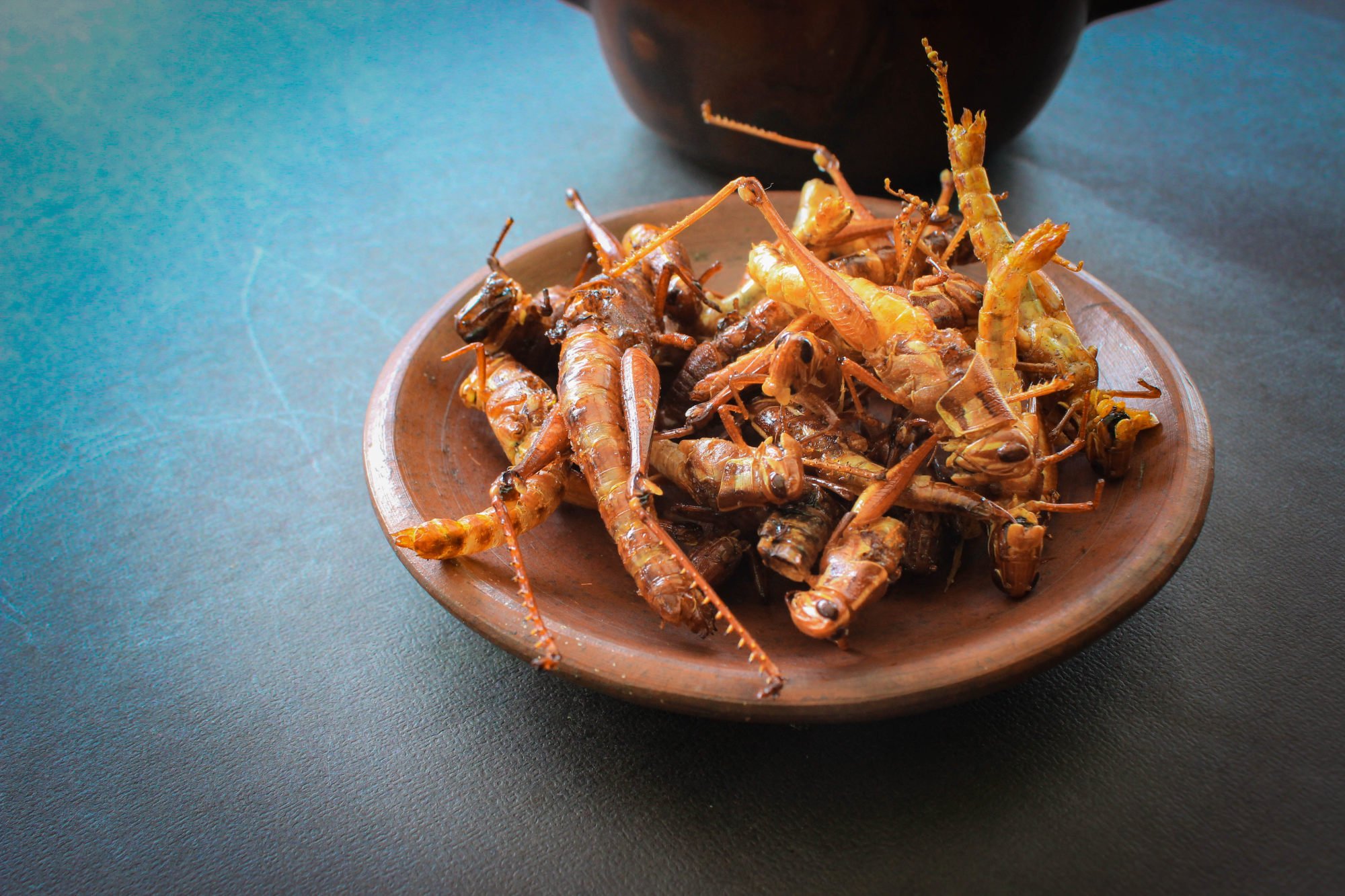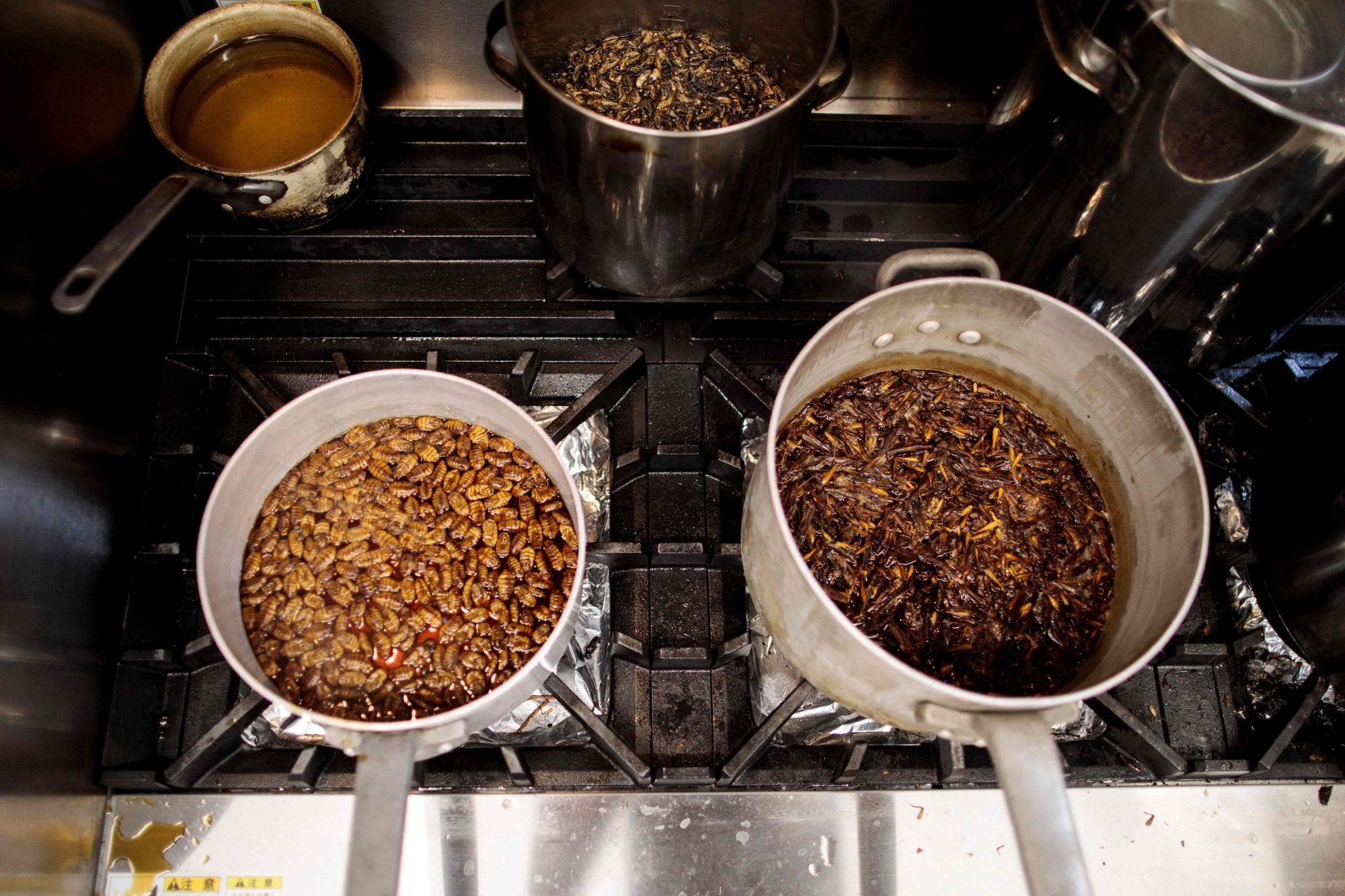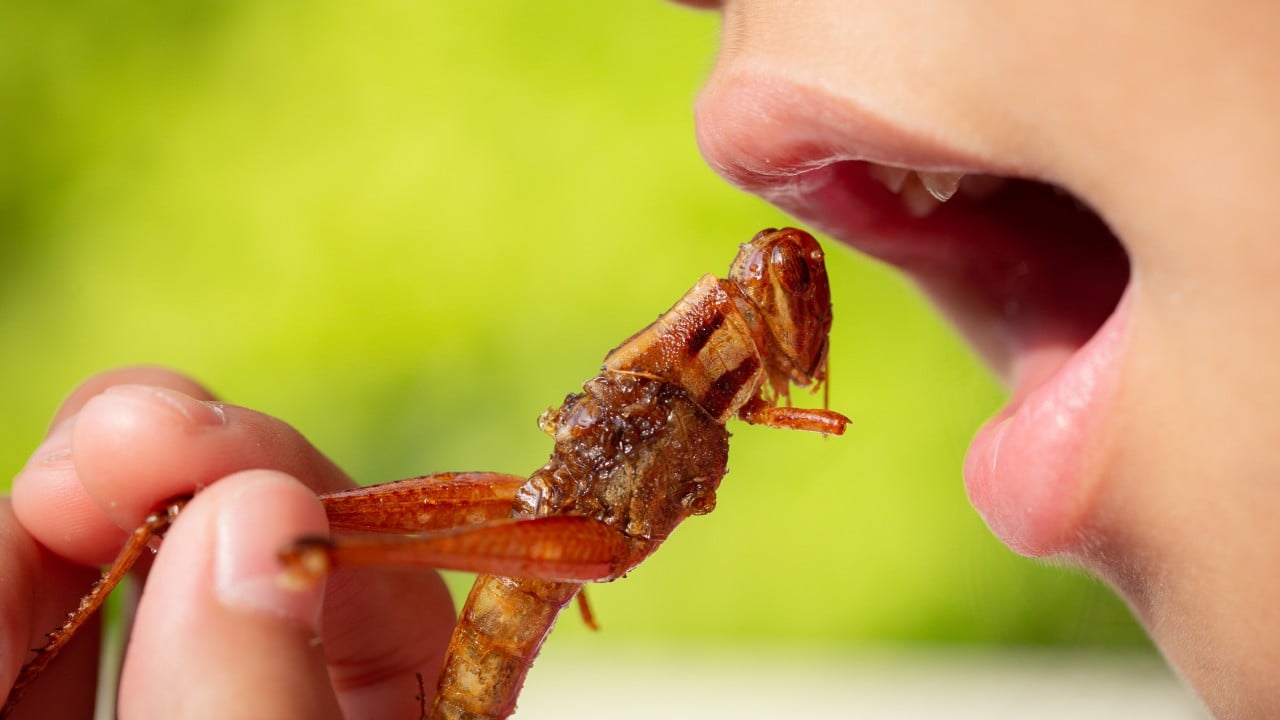Sixteen species of insects, including crickets, locusts and silkworms, have been approved as food in Singapore, the Singapore Food Agency (SFA) said on Monday.
“With immediate effect, [the] SFA will allow the import of insects and insect products belonging to species that have been assessed to be of low regulatory concern,” the agency said in a circular addressed to processed food and animal feed traders.
“These insects and insect products can be used for human consumption or as animal feed for food-producing animals.”
The SFA first conducted a public consultation on the regulation of insects and insect products in end-2022.
In April last year, the agency said that 16 species of insects would receive the green light for consumption in the second half of 2023, but the decision was pushed back.
Earlier this year, the SFA, said it was finalising the implementation details and aimed to introduce a regulatory framework in the first half of this year.
In late June, sources such as restaurants and potential farms said that the approval was imminent.
The SFA said it has developed an insect regulatory framework that establishes guidelines for insects to be approved as food, “as the insect industry is nascent and insects are a new food item here”.

These guidelines apply to businesses intending to import, farm, or process insects into food or animal feed.
They stipulate that the insect species must be assessed to have a history of human consumption, contaminants must not be introduced in the farming and processing of insects and insect products, are farmed in regulated establishments with food safety controls, are not harvested from the wild and the final product must be safe for consumption.
Insects outside the 16 approved species have to undergo evaluation to ensure that they are safe to consume, the SFA added.
While there are currently no international standards for the sale and consumption of insects as food or animal feed, the SFA’s guidelines “are developed following a thorough scientific review taking reference from countries and regions that have allowed the consumption of certain insects as food”.
The European Union and countries like Australia, New Zealand, South Korea and Thailand have allowed the consumption of certain insect species that tick several boxes for nutrition.
Companies selling pre-packaged food which contain insects as an ingredient are required to label the product packaging to indicate the “true nature of the product”.
Insect products, like other foods, are subjected to the agency’s inspection and surveillance, which include sampling for food safety testing, the SFA said on its website.
“Food that is found to be non-compliant with [the] SFA’s food safety regulations will not be allowed for sale,” it added.

Francis Ng, the CEO of House of Seafood restaurant, said in June that his chefs were getting used to working with bugs as ingredients and ensuring they are safe to eat via thorough cleaning.
“[The first step for our chefs is to] do a cleaning, after that they will toast them in the oven,” he said. “[A small little brush would be used] to clean piece by piece.”
Some of these hygiene protocols follow a set of interim guidelines for handling and rearing insects for food, which was first published in 2022 when the government first mooted the idea of allowing insects as food.
House of Seafood also said in a Facebook post on June 29 that its new insect offerings are in the works, adding: “There will be no additional cost to you when ordering from our insect menus as we are absorbing the expenses to support the government’s initiative in promoting insects as a protein substitute.”
The farming of insects for human food and for animal feed has been promoted by the United Nations’ Food and Agriculture Organization for their benefits as a sustainable form of protein.
Crickets, grasshoppers and mealworms, for instance, are rich in protein. These insects also contain plenty of antioxidants and minerals including iron, zinc, copper and magnesium.
This story was first published by CNA


